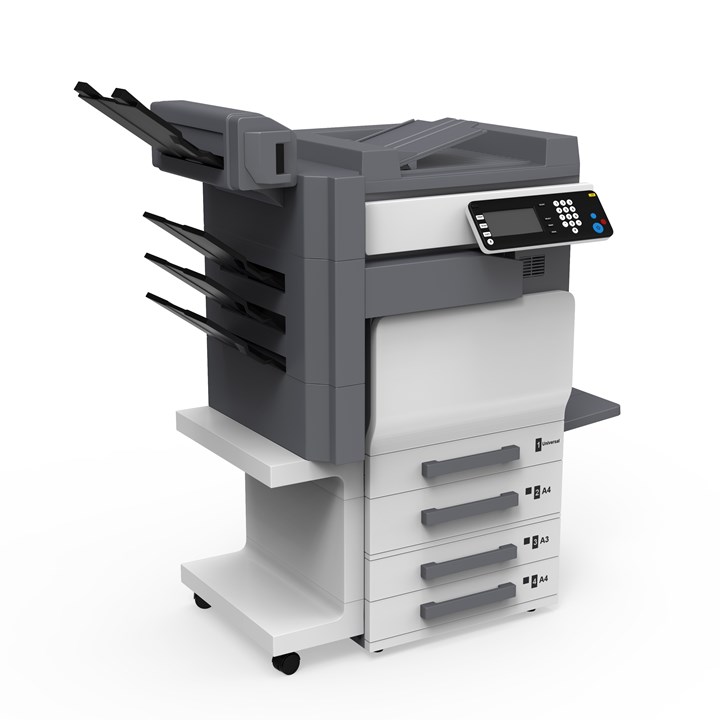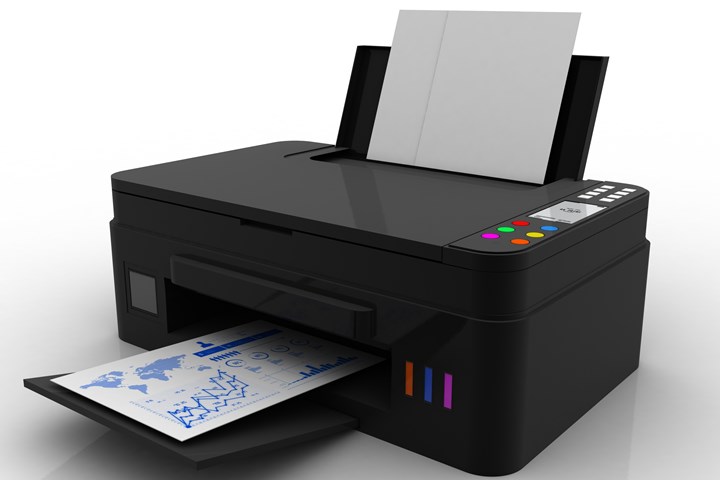SABIC Expands Post-Consumer Recycled Engineering Resins for Consumer Electronics and E&E
Responding to major brands, SABIC is expanding its Cycoloy PC/ABS and Lexan PC with high levels of post-consumer recycled content.
Houston-based SABIC has announced that it is expanding its Cyloloy PC/ABS and Lexan PC portfolio resins containing high levels of post-consumer recycled (PCR). This in response to requests from major brands in the consumer electronics business and electrics and electronics (E&E) industry as a whole for more sustainable materials. Typical applications for the portfolio will include consumer electronics and accessories such as chargers and adapters, printers, copiers and laptop housing.

The new PCR material is blended with the virgin material to create compounds with PCR levels of up to 30%, initially. According to an internal SABIC life cycle assessment (LCA) study, these compounds offer potentially significant reductions in carbon footprint of up to 25% and in energy consumption of up to 30% compared to virgin material. SABIC hopes to be able to offer materials with PCR content of up to 60% in 2021. The compounds and their properties will be tailored according to different industry requirements.
Said Sergi Monros, v.p. of SABIC’s Performance Polymers & Industry Solutions for Petrochemicals, “The initiative to produce a broader portfolio of engineering thermoplastics with PCR content complements our existing efforts in making base resins from certified renewable feedstock. Together, our circular solutions from our Trucircle portfolio and services can help to improve plastic recyclability, lower emissions and drive towards closing the loop on used plastic. Our vision of a circular economy requires collaboration across the value chain, and we are committed to working with downstream and upstream partners to drive the transformation needed.”
The extended range of materials will contain PCR PC coming from applications such as five-gallon water bottles and optical media. “Such products are made with clear polycarbonate, and they are easy to obtain, sort and clean. We are also investigating use of PCR polycarbonate from end-of-life automotive applications such as head-lights and dashboards,” added Monros.
Within the expanded portfolio, SABIC will also develop materials to meet the various needs of different players in the market, grades with different levels of flame retardance, reaching up to 5VB @ 1.5 mm, targeting various business equipment applications and electrical applications such as internal components. The company will also offer grades with PCR content for applications that require good clarity. The new portfolio will therefore encompass both unfilled grades and grades containing filler.
SABIC has set very strict requirements on the quality of the incoming PCR material, which it will acquire by partnering with approved suppliers who will source feedstock from around the world. SABIC will obtain the PCR material in ready-to-process granular form, to be compliant with China’s policies on plastics waste.

Related Content
-
How to Optimize Color Evaluation of Recycled Plastics
The right color measurement instrument and good working methods will minimize variability in color evaluation of PCR.
-
Automotive Awards Highlight ‘Firsts,’ Emerging Technologies
Annual SPE event recognizes sustainability as a major theme.
-
Latest Data on Bottled Water Shows Continued Strong Growth
Bottled water’s volume surpassed soft drinks for the first time in 2016 and has done so every year since.















